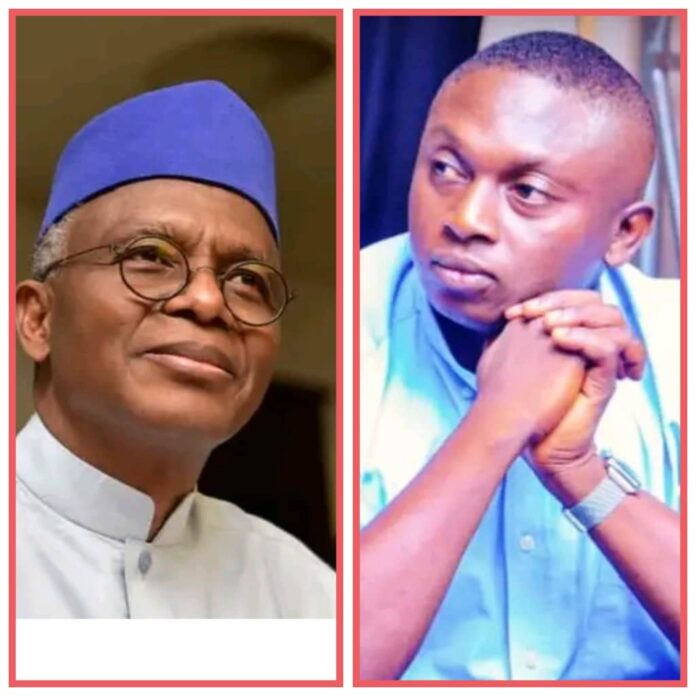By Israel Bulus, Kaduna
When I wrote an article on May 13, 2023, that ”Mal. Nasir El-Rufai’s despotism would end on May 29, I never imagined he would one day taste the same hostility he once unleashed on opposition voices. At the time, I argued that his reign, marked by high-handedness and anti-people policies, would collapse into disillusionment. Today, that irony could not be clearer.
El-Rufai’s style of governance was often likened to Adolf Hitler’s, not only because of his abrasive personality but also due to the ruthless manner in which he ran Kaduna State. His eight-year tenure was defined by intolerance of dissent, disregard for human life, and policies that inflicted untold hardship, poverty, and despair on citizens. The scars of his administration still haunt communities across the state.
By contrast, Governor Uba Sani’s emergence has been described as a healing balm, offering relief and renewed hope to a people battered by authoritarianism and insecurity. Many residents now regard his leadership as the very opposite of El-Rufai’s era, which they recall as “hell on earth.”
Initially, El-Rufai was hailed as a potential savior, particularly in Southern Kaduna, where communities had endured relentless attacks under former Governor Mukhtar Ramalan Yero. His 2015 election was seen as an opportunity to restore peace and rebuild trust. His inaugural speech raised expectations with promises of transparency, accountability, and reform.
But those lofty pledges quickly gave way to draconian policies. Small businesses collapsed under harsh economic measures, homes were demolished without alternatives, and insecurity worsened. In Birnin Gwari and beyond, bandits imposed levies on farmers while security forces looked away. Southern Kaduna became a theatre of bloodshed and displacement, its massacres dismissed by his administration as mere “clashes.”
The toll was devastating. Over 23,000 teachers and nearly 5,000 traditional rulers, district, and village heads were sacked, undermining community-level security. Pensioners were denied their entitlements, while journalists and activists faced intimidation. Under El-Rufai’s watch, students of Bethel Baptist High School, Greenfield University, and the Federal College of Forestry Mechanisation in Afaka were kidnapped-alongside passengers of the Abuja-Kaduna train. Some victims were gruesomely killed, yet not a single perpetrator has been brought to justice.
The massacres in Madamai (September 26, 2021) and Kaura (December 18, 2022), where nearly 90 people were killed and hundreds of houses razed, remain chilling reminders of failed governance. Thousands of families still languish in IDP camps, displaced from ancestral lands, with wounds that remain unhealed.
El-Rufai’s parting act, the demolition of houses in Gbagyi Villa, which led to civilian deaths, was a grim finale to a reign devoid of empathy.
His recent outburst on Channels Television, where he demeaned the people of Southern Kaduna and attacked traditional rulers, has reopened wounds that had begun to heal under Governor Uba Sani’s leadership. It is evident that the former governor is unsettled by the return of peace and modest progress in Southern Kaduna under Sani and President Bola Tinubu.
El-Rufai’s rule can best be likened to that of an Egyptian Pharaoh, absolute power exercised with cruelty and disdain. Rather than secure Kaduna’s greatness, he squandered the people’s trust, turned against the very regions that once embraced him, and left behind a legacy of fear, division, and shattered hopes.
The irony today lies in watching El-Rufai face the very hostility he once directed at others. His political empire, built on arrogance and repression, is unraveling. To many Kaduna citizens and Nigerians, El-Rufai is best described as a Nebuchadnezzar whose pride and arrogance brought about his fall.
ISRAEL BULUS
Kaduna-based Journalist and Concerned Citizen
📧 israelbulus@gmail.com
End.







